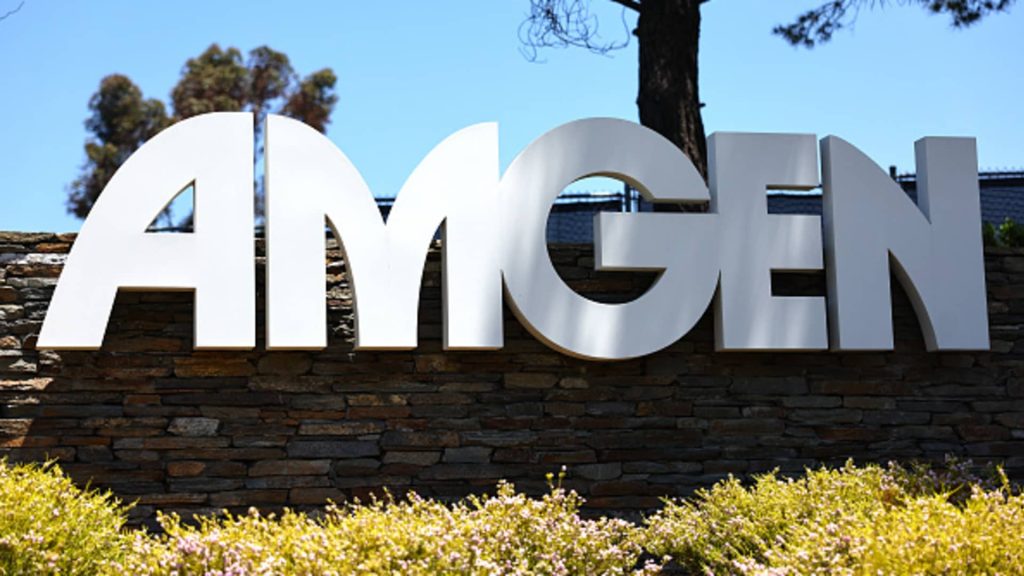The Federal Trade Commission on Friday said it has reached a deal with drug giant Amgen to allow the company’s $27.8 billion purchase of Horizon Therapeutics to move forward.
The two companies now expect to close the acquisition early in the fourth quarter of this year, a spokesperson for Amgen said.
The agreement resolves a lawsuit the FTC filed in May seeking to block the acquisition, arguing that the deal would stifle competition in the pharmaceutical industry. The agency this week temporarily suspended that suit, which allowed it to consider whether to settle the case.
But the agreement announced Friday still imposes restrictions on Amgen to address key concerns the FTC raised in its lawsuit.
The agreement specifically prohibits Amgen from “bundling” two of Horizon’s blockbuster drugs: thyroid eye disease therapy Tepezza and Krystexxa, a gout medicine. That practice involves offering rebates or discounts on its existing products to pressure insurers and pharmacy benefit managers into favoring the Horizon products.
Amgen will also have to get approval from the FTC to acquire any products that treat the same diseases as Tepezza and Krystexxa do.
As part of the deal, attorneys general for California, Illinois, Minnesota, New York, Washington, and Wisconsin have also agreed to dismiss their federal suits seeking to block the merger.
Shares of Horizon rose nearly 3% in premarket trading Friday. Amgen’s stock edged up slightly.
The spokesperson for Amgen said the company has no “reason, ability, or intention” to bundle Horizon’s two fast-growing medications. The new agreement “will have no impact on Amgen’s business,” the spokesperson added.
A Horizon spokesperson did not immediately respond to a request for comment.
Amgen first moved to buy Horizon in December 2022 in an effort to gain access to the latter’s rare disease assets, but buyout was quick to attract regulatory and political scrutiny for its potential antitrust issues.
Sen. Elizabeth Warren, D-Mass., in a letter to FTC Chairwoman Lina Khan asked the regulator to “heavily scrutinize” the acquisition and the then-pending merger of Indivior and Opian. She warned the deals could lead to higher prices.
The FTC eventually heeded Warren’s warnings and filed its lawsuit. In its filing, the FTC raised concerns about “cross-market rebating and bundling” by Amgen and the potential for its strong assets to be leveraged to secure better formulary placements for Horizon’s treatments.
This story is developing. Please check back for updates.
Read the full article here















